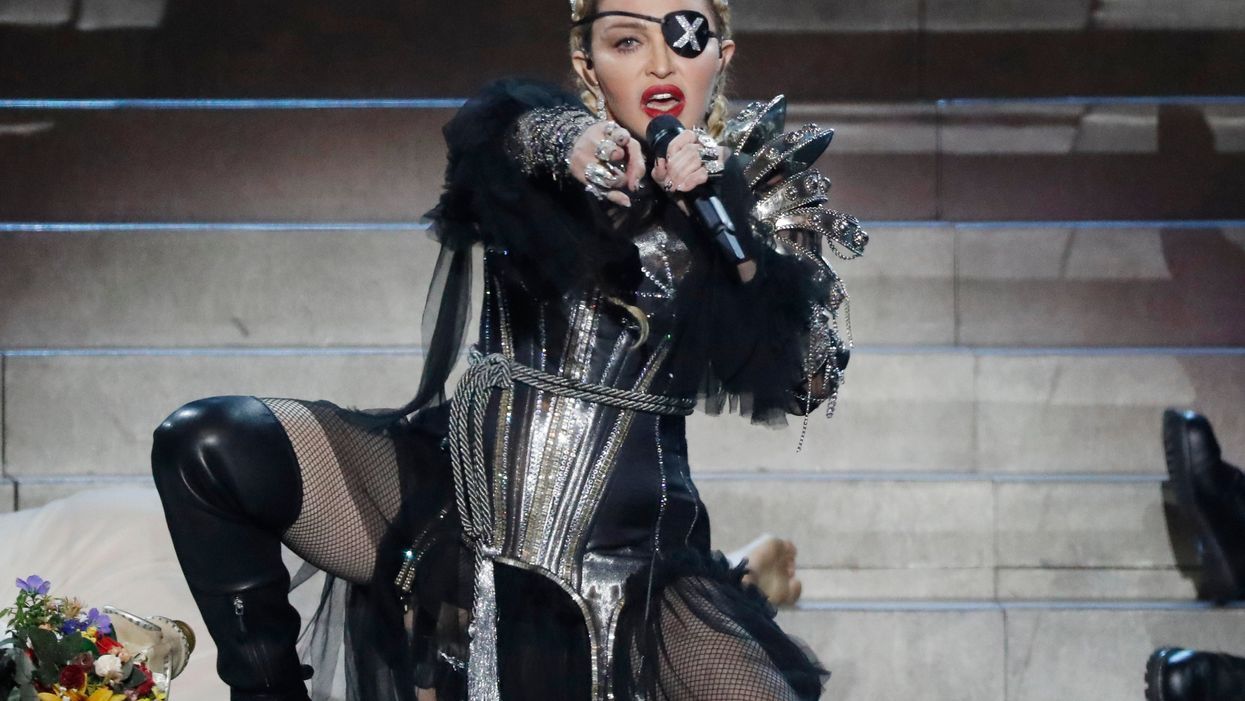
Madonna has bizarrely been accused of Photoshopping her head onto the body of another person while promoting her 2015 album Rebel Heart on Instagram.
TikTok user Amelia Goldie posted a video earlier this month which showed a 2015 Instagram post by the pop icon supposedly wearing a Joy Division shirt, with the caption “I look Kewl…”
Goldie claimed that the body of the photo was actually her own and showed an earlier picture in which she was wearing the same T-shirt and sitting in the exact same pose.
You can find the video here.
And the original Madonna post can be found below:
Read more:
- Government buildings will have to fly the union jack every day and people are not impressed
- 25 of the best memes that got us through lockdown
- The internet has inevitably turned the Suez Canal block into a meme
- Simon McCoy’s best moments as newsreader to leave BBC and join GB News
Goldie, who describes herself as a writer, photographer and digital marketer living in Sydney, Australia, told Vice that she didn’t believe the post was real at first.
She said: “I laughed and thought it was a joke then realised it was on her official account and couldn’t believe it. I was in shock.
“I told my parents and they still think it’s a joke and can’t comprehend how or why it’s happened. It’s hilarious.”
It is incredibly hard to work out why Madonna would do this and seeing as Buzzfeed, Vice and The Independent have all not received any response from her representatives, we may never know…
The 28-year-old TikTok user also told Buzzfeed that she tried to reach out to Madonna’s team twice but didn’t hear back from them.
However, she doesn’t seem to be too annoyed about the situation as she added that there were “no hard feelings” over the incident - although she would like to be credited for the picture.
This is also not the first time Madonna has been accused of plagiarism.
In 2005, Belgian songwriter Salvatore Acquaviva won a case against the singer claiming that her song “Frozen” had stolen parts of his song, “Ma Vie Fout L’camp (My Life’s Getting Nowhere)” - leading to a ban on Madonna’s track being sold or broadcast in Belgium.
However, the ruling was later overturned in 2014 after another songwriter, Italian composer Edouard Scotto Di Suoccio, claimed both songs had borrowed parts of his own piece “Blood Night”.
After comparing the three songs, a court ruled that they were “not sufficiently ‘original’” to claim any plagiarism had occurred.













